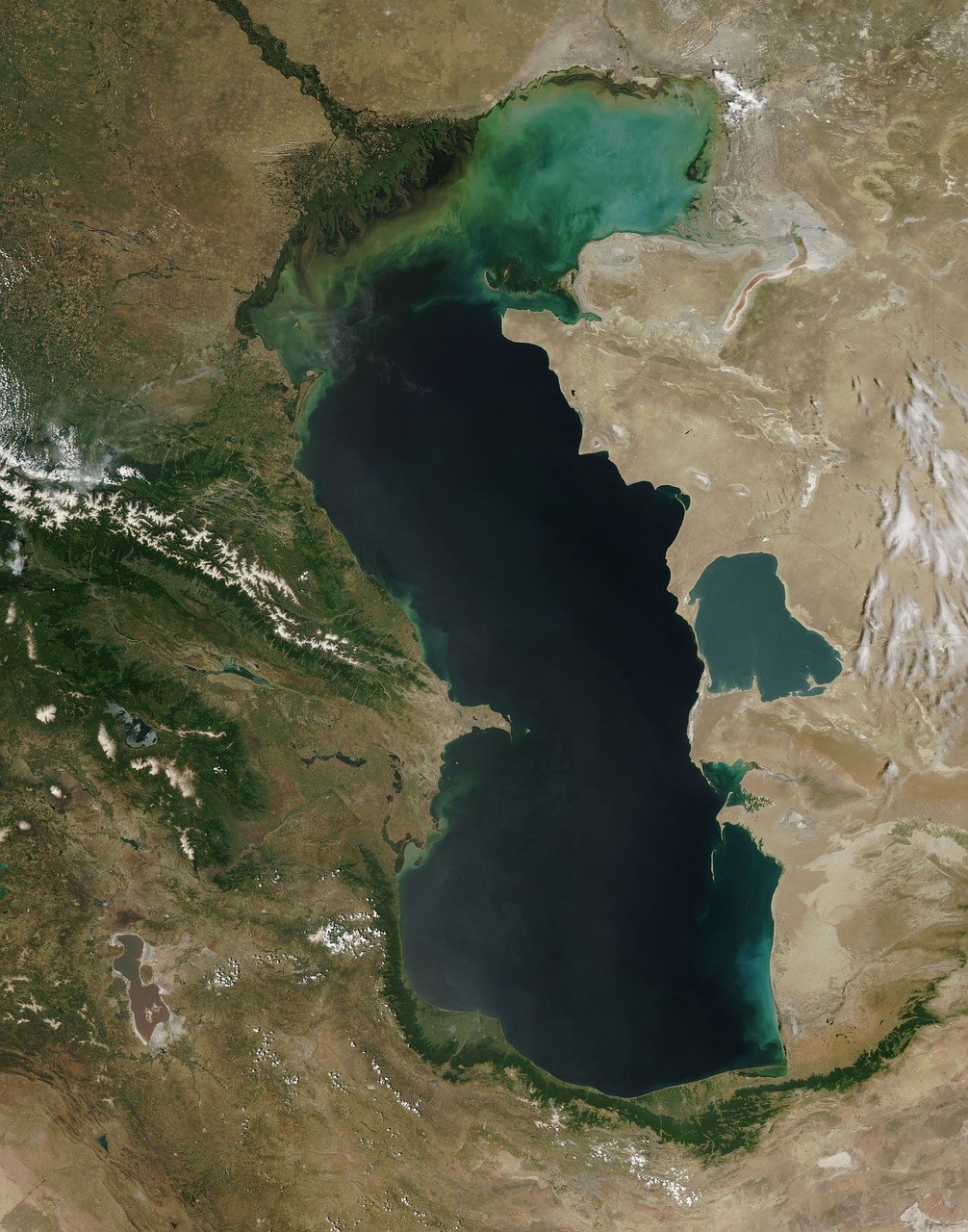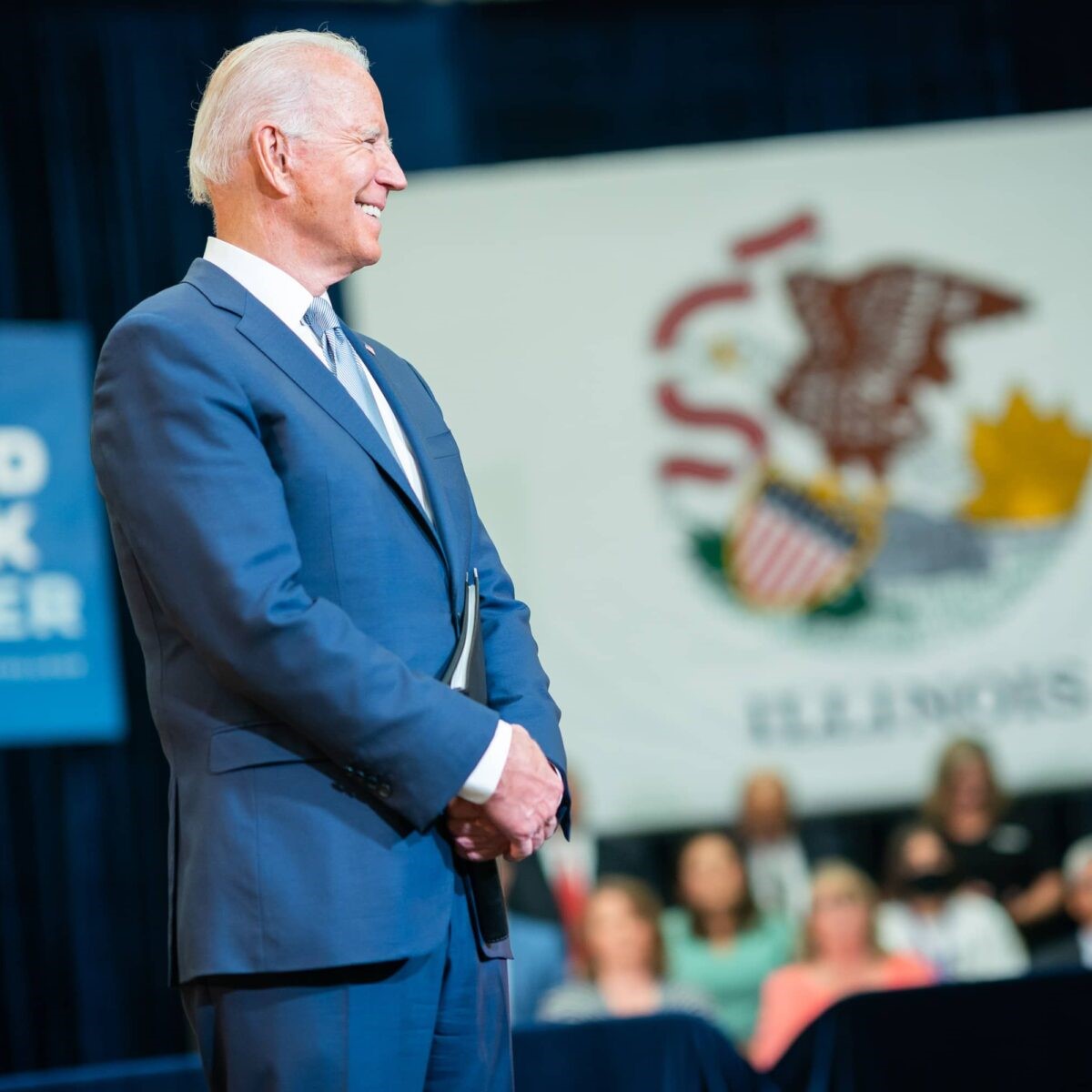In August of 2022, we discussed whether or not the Biden Administration has the authority to forgive outstanding student loans. At that time, we detailed a series of instances where the Courts had determined that various Biden initiatives were in excess of the authority granted the Executive Branch by the Congress, and therefore unconstitutional. We predicted that this measure would also be found illegal.
We also discussed the Biden Administration’s belief that the HEROES Act of 2003 authorized the Secretary of Education to engage in a wholesale amnesty of student loan debt. In that regard, we quoted Jonathan Turley, a Law Professor at George Washington University, who said, “President Biden has been a constitutional recidivist in executive overreach in a series of major court losses. The authority cited is highly challengeable. To assume such a massive power to excuse as much as $500 billion, that authority should be both express and clear. It is not.”
Well, you know how much we hate to say, “I told you so.” But…we told you so.
On June 30, 2023 the US Supreme Court decided the case of Biden v Nebraska, one of two cases brought in challenge of the government’s student loan forgiveness plan, and as we predicted, the Supreme Court thought little of the use of the HEROES Act to justify this scheme.
But before we delve into the reasoning behind the Supreme Court’s latest effort to protect the Constitution’s separation of powers, one issue should be clarified.
When we discussed the state of the litigation on student loan forgiveness in November of 2022, we noted that there were two cases headed to the Supreme Court; Biden v. Nebraska, brought by six states, and Department of Education v. Brown, brought by individual borrowers. Both of these cases turned on the legal issue of standing – that is, who has “suffered an injury,” and therefore has the right to bring a case.
In Biden v. Nebraska, six states complained of a loss of tax revenue as a result of student loan forgiveness. The lower court called these losses “speculative,” and found that the states did not have standing to bring their case. Conversely, in Department of Education v. Brown, the lower court found that two individuals who would not be eligible for benefits under the student loan forgiveness plan had standing since “‘Plaintiffs have a concrete interest in having their debts forgiven.’ Thus, these Plaintiffs ‘inability to obtain the full benefit of debt forgiveness under the Program flows directly from the Program’s eligibility requirements.’”
Ironically, the Supreme Court reversed each lower court opinion. In Brown, Justice Alito found “that (Plaintiffs) fail to establish that any injury they suffer from not having their loans forgiven is fairly traceable to the (student loan forgiveness) Plan.” Meanwhile, in Biden v. Nebraska, Chief Justice Roberts found that the State of Missouri, through “the Missouri Higher Education Loan Authority (MOHELA), a public corporation that holds and services student loans,” had standing to sue. “Under the Secretary’s plan,’ Roberts writes, “roughly half of all federal borrowers would have their loans completely discharged…MOHELA could no longer service those closed accounts, costing it, by Missouri’s estimate, $44 million a year in fees that it otherwise would have earned under its contract with the Department of Education…(t)his financial harm is an injury in fact directly traceable to the Secretary’s plan.”
In his opinion, Roberts gave some background on the HEROES Act. “Shortly after the September 11 terrorist attacks, Congress became concerned that borrowers affected by the crisis—particularly those who served in the military—would need additional assistance. As a result, it enacted the Higher Education Relief Opportunities for Students Act of 2001. That law provided the Secretary of Education, for a limited period of time, with ‘specific waiver authority to respond to conditions in the national emergency’ caused by the September 11 attacks…Rather than allow this grant of authority to expire by its terms at the end of September 2003, Congress passed the Higher Education Relief Opportunities for Students Act of 2003 (HEROES Act)…That Act extended the coverage of the 2001 statute to include any war or national emergency— not just the September 11 attacks. By its terms, the Secretary ‘may waive or modify any statutory or regulatory provision applicable to the student financial assistance programs under title IV of the [Education Act] as the Secretary deems necessary in connection with a war or other military operation or national emergency.’”
During the pandemic, “then-Secretary of Education Betsy DeVos announced that she was suspending loan repayments and interest accrual for all federally held student loans,” a necessary emergency measure, given that many borrowers were out of work and unable to make their payments. “But in August 2022, a few weeks before President Biden stated that ‘the pandemic is over,’ the Department of Education announced that it was once again issuing ‘waivers and modifications’ under the Act—this time to reduce and eliminate student debts directly.”
Chief Justice Roberts states his ruling in clear and plain language; “The Secretary (of Education) asserts that the HEROES Act grants him the authority to cancel $430 billion of student loan principal. It does not. We hold today that the Act allows the Secretary to ‘waive or modify’ existing statutory or regulatory provisions applicable to financial assistance programs under the Education Act, not to rewrite that statute from the ground up… statutory permission to ‘modify’ does not authorize ‘basic and fundamental changes in the scheme’ designed by Congress…(t)he Secretary’s…’modifications’…were not ‘moderate’ or ‘minor.’ Instead, they created a novel and fundamentally different loan forgiveness program…(f)rom a few narrowly delineated situations specified by Congress, the Secretary has expanded forgiveness to nearly every borrower in the country.”
As Robert’s puts it bluntly, “(t)he Secretary’s plan has ‘modified’ the (HEROES Act) only in the same sense that ‘the French Revolution ‘modified’ the status of the French nobility’—it has abolished them and supplanted them with a new regime entirely…the Secretary’s plan…in essence (allows) the Secretary unfettered discretion to cancel student loans. It is ‘highly unlikely that Congress’ authorized such a sweeping loan cancellation program ‘through such a subtle device as permission to ‘modify.’”
The Biden Administration tried to justify its power grab by stating that “(t)he whole point of the HEROES Act…is to ensure that in the face of a national emergency that is causing financial harm to borrowers, the Secretary can do something,” and that “the unprecedented nature of the Secretary’s debt cancellation plan only ‘reflects the pandemic’s unparalleled scope.’” But Roberts disposes of this argument quickly.
“The question here is not whether something should be done; it is who has the authority to do it,” the Chief Justice writes. “(T)he Secretary of Education claims the authority, on his own, to release 43 million borrowers from their obligations to repay $430 billion in student loans. The Secretary has never previously claimed powers of this magnitude under the HEROES Act… Under the Government’s reading of the HEROES Act, the Secretary would enjoy virtually unlimited power to rewrite the Education Act… (t)he ‘economic and political significance’ of the Secretary’s action is staggering by any measure…(a) budget model issued by the Wharton School of the University of Pennsylvania estimates that the program will cost taxpayers ‘between $469 billion and $519 billion,’ depending on the total number of borrowers ultimately covered…It amounts to nearly one-third of the Government’s $1.7 trillion in annual discretionary spending.”
Therefore, if this use of the HEROES Act were found legal, “the Secretary (of Education could then claim) the authority to exercise control over ‘a significant portion of the American economy.’” In essence, then “(t)he Secretary’s assertion of administrative authority has ‘conveniently enabled [him] to enact a program’ that Congress has chosen not to enact itself…Congress did not unanimously pass the HEROES Act with such power in mind. ‘A decision of such magnitude and consequence’ on a matter of ‘earnest and profound debate across the country’ must ‘res[t] with Congress itself, or an agency acting pursuant to a clear delegation from that representative body.’”
Thus, Roberts reaches the same conclusion the Supreme Court has reached in a number of decisions involving efforts by the Biden Administration to seize power from Congress; “’The basic and consequential tradeoffs’ inherent in a mass debt cancellation program ‘are ones that Congress would likely have intended for itself’…In such circumstances, we have required the Secretary to ‘point to clear congressional authorization’ to justify the challenged program…And as we have already shown, the HEROES Act provides no authorization for the Secretary’s plan even when examined using the ordinary tools of statutory interpretation—let alone ‘clear congressional authorization’ for such a program.”
But will President Biden cease his efforts to unconstitutionally seize power from Congress? Don’t bet on it.
According to Caleb Kruckenberg of the Pacific Legal Foundation, writing in the New York Post, “(w)hile everyone’s focus has been on the administration’s outrageous cancellation stunt, the DOE has been working tirelessly to accomplish an even more disastrous policy: a new Income-Driven Repayment rule… (u)nder the new plan, in a variety of formulations, the secretary proposes to dramatically reduce the monthly payments of most borrowers, with millions looking at payments of $0, while also reducing the time to forgiveness to as short as 10 years. In other words, while styled as a rule that simply tinkers with the details of existing income-based repayment programs, it effectively does the same work as the cancellation effort: It writes off the debts of millions of college-educated borrowers. And it does so permanently – applying to future borrowers…(t)he rule itself claims it would cost taxpayers at least $138 billion… The Penn Wharton Budget Model estimated that the actual program costs between $333 billion and $361 billion over 10 years. Estimates that account for tuition inflation and future borrowing costs put government expenditures as high as $1 trillion. The old cancellation policy’s $500 billion price tag now almost seems quaint.”
Unfortunately, this scheme might be more successful than the effort to cancel student loans. This measure is based on the Higher Education Act of 1965, and as we discussed last August, “one would think the Biden Administration would argue that over the course of 50 years, Congress has granted the Secretary of Education increased power over student loans, including control over loan extensions and forgiveness, and that this latest initiative is nothing new in the increasing burden the Department of Education has placed on the American taxpayer.”
In other words, stayed tuned. Biden v. Nebraska may prove to be a short-lived victory against executive overreach, while the real war was lost by Congress when it gave its authority away to the Secretary of Education in 1965.
Judge John Wilson (ret.) served on the bench in NYC
Illustration: Pixabay





